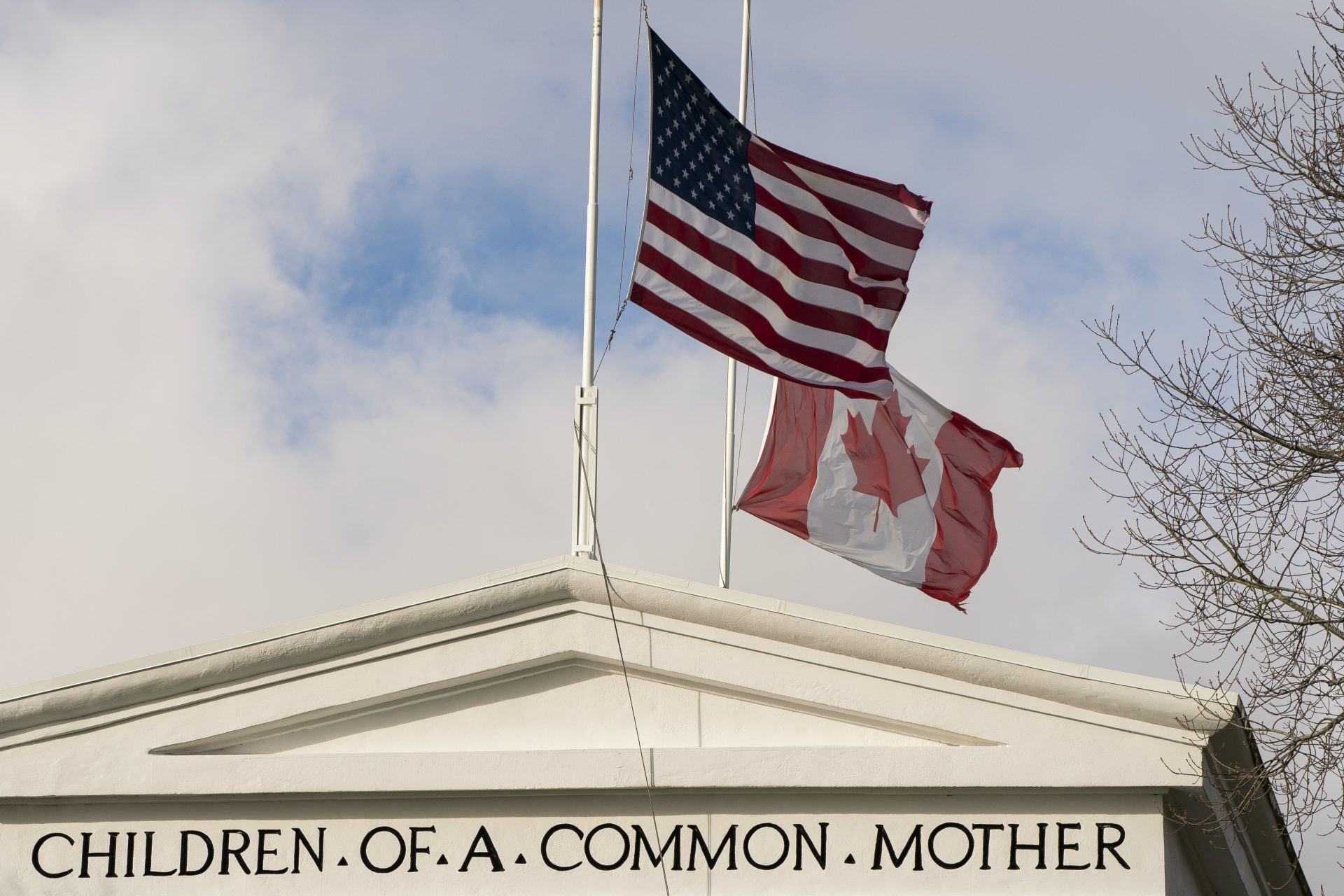What are countries doing to tackle social isolation?
“Loneliness is a complex and widespread issue that affects people of all ages and backgrounds”, reads an EU Science Hub article.
The Joint Research Centre (JRC), in collaboration with the European Commission for Employment, Social Affairs & Inclusion, launched a project in 2022 that started with an extensive EU-wide survey on loneliness.
But even before that, many countries have been aware of loneliness as a societal issue and have been coming up with possible solutions to these problems.
Photo: Paola Chaaya/Unsplash
France, for instance, started a program called “Pack Maintien à dom” (Home support package) in which a representative trained in gerontology (the process of aging), would visit elderly people who agreed to the service, provide them with an adapted tablet, and help them reconnect with far-away relatives and friends.
Furthermore, the representatives would also help them with other technological needs, such as making medical appointments. Regular visits would be scheduled and the representatives would also be available to deliver medicines, and cultural content from local libraries or simply come for a chat.
This promotional image was released by the Dutch supermarket chain Jumbo to announce that it was introducing the concept of ‘Kletskassa’: a slow checkout where buyers can stop to talk with cashiers.
Image: Jumbo
Although the concept has existed since 2019, now Jumbo says it wants to have 200 checkout lanes of this type throughout its stores.
Jumbo's proposal is part of a Dutch government campaign entitled Eén tegen eenzaamheid (United against loneliness).
Image: Sasha Freemind/Unsplash
Great Britain has also attached enormous importance to loneliness, having appointed a "Minister for Loneliness": Tracey Crouch (pictured).
Tracey Crouch was undersecretary for sports when she was tasked with launching a national strategy to curb the ill effects of loneliness.
At the time that the "Ministry of Loneliness" was created in the United Kingdom, the media collected a shocking figure: 9 million British men and women feel lonely, that's 13.7% of the country's population.
Image: Nick Fewings/Unsplash
But loneliness is not only a matter of culture. Besides European countries, others as diverse as Japan, India, and the United States, have been raising warnings too.
Image: Timon Studler/Unsplash
This is how forceful and dramatic the headline of an article written by Dhruv Kullar was for The New York Times in 2016.
Image: Eddi Aguirre/Unsplash
The article talked about a man who died alone, without family or friends to care for him, and it pointed to a widespread social illness. It was written before the pandemic, and the lockdowns only exacerbated the problem.
In that 2016 New York Times article, it was reported that a third of Americans live alone. Over the years, that percentage remains more or less the same.
Image: Debby Hudson/Unsplash
But loneliness is more than just living alone. A report from the UK Office for National Statistics claimed that 10% of people between the ages of 16 and 24 felt "always or often" alone. And these are people who, for the most part, live with their family or are accompanied in some way.
Image: Engin Akyurt/Unsplash
In 2021, a Ministry of Loneliness was created in Japan, a government institution to combat a scourge that sometimes tragically ends the lives of many people. According to The New York Times, the government of Victoria, in Australia, also created a similar institution.
Picture; Jezael Melgoza / Unsplash
During the pandemic, there was a large population that felt distressingly isolated. Technology alleviated a certain part of the loneliness, but not completely.
Image: Edwin Hooper/Unsplash
According to a 2020 study by the consulting firm McKinsey & Company, during the pandemic the number of people who felt "overwhelmingly alone" tripled. The explosion of loneliness in young people had (and has) an important psychological impact.
Image: Anastasiia Chepinska/Unsplash
But before the pandemic, another piece of information was revealed: a study by the European Commission determined through a survey that 7% of the population in this area suffered from harmful loneliness.
Image: Lukas Rychvalsky/Unsplash
Curiously, and contrary to what the cliché might make us think, the Nordic countries are not the most prone to loneliness. Italy, France or Greece have high rates of people who say they feel lonely.
Image: Christian Lue/Unsplash
And it is not just a social problem but a public health one: loneliness has been shown to cause medical problems and shorten life. There are studies that compare the effect of feeling lonely with the health issues heavy smokers face.
If loneliness becomes an unbearable personal problem, we should seek professional help, experts recommend. We should also reach out to family and friends; start conversations with strangers, or cashiers at supermarkets.
Image: Kimson Doan/Unsplash
More for you
Top Stories




































